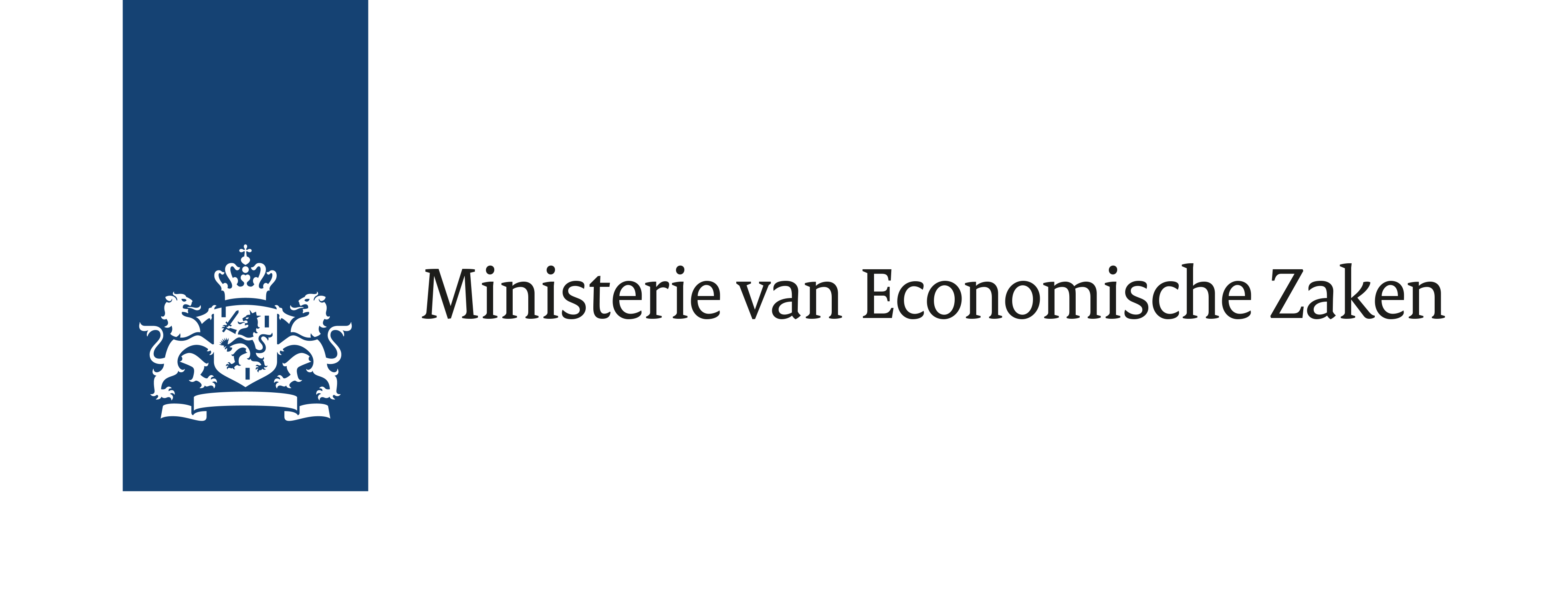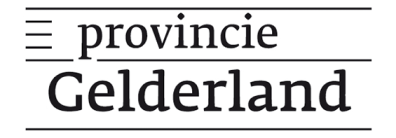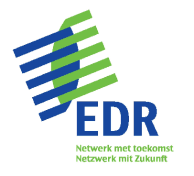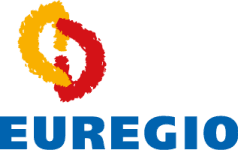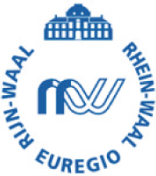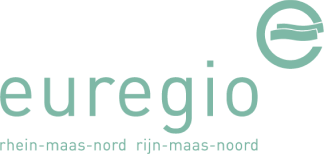Education and training are important building blocks for the future of cross-border cooperation and for living, working
and living in the border region. With the EDL programme, we want to facilitate Euregional education and build an
integrated education chain at key points. The whole education chain needs more focus on the neighbouring country and
cooperation. It is important that more young people, students and pupils learn about their neighbouring country during
their school career, so that the step to work in the respective neighbouring country is smaller and the connection with the
region is stronger. The EDL project thus contributes to the creation of a 360° labour market by deepening knowledge
about the neighbouring country, promoting cooperation on educational issues and reducing the barrier effect of the
border.
To achieve these goals, the following instruments are used:
- An EDL Expertise Centre as a physical and digital contact point, advising teachers and student teachers on to
apply euregional competences in the classroom and possible practice exchanges or internships in the
neighbouring country. - A school matcher who establishes D-NL partnerships between schools.
- School partnerships in the open project part.
- Connecting euregional competences to the needs of the economy by, among other things, developing a euregional
competence profile including a toolbox for companies, with which employees can be equipped and supported for
the euregional labour market. - By describing and analysing problems of the euregional continuous education chain, a solid argumentative pillar
for improvement proposals and lobbying is created.
A continuous euregional education chain is created for the entire educational pathway from primary school to university,
along which young people have the opportunity to acquire euregional competences at all levels of their school career.

